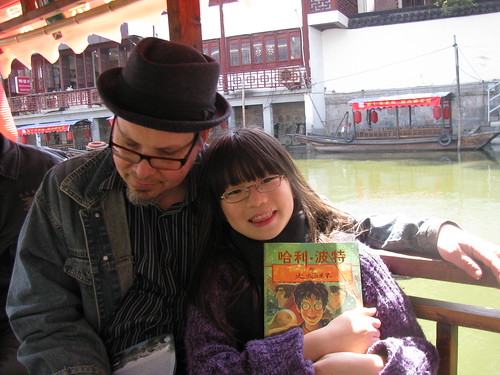🦋 The constructedness of the story
...Storytelling works by lulling the reader or listener into a dreamlike state in which the time and space of the real world fade away, superceded by the time and space of the fiction.
-- But some books (and particularly this book, as I think Coetzee is making quite clear in this chapter titled "Realism") work by inserting themselves into the reader's "real world" head, rather than creating a separate "fiction" head -- instead of rivetting plot you have long reflective sessions riffing off the book.The narrator's intrusions, reminding us that he is telling us a story, become less frequent after the first chapter -- once Coetzee has established what kind of world he is creating, they are not necessary. This is good as they could become heavy-handed. I almost want to think of this as a book of essays rather than a novel -- each chapter centers around a long prepared talk, and the characters' responses to it. A curious sort of essays, though, as the narrator/author is explicitly not invested in the arguments being made but rather in the speakers' reasons for making and methods of making the arguments and in the listeners' understandings of the arguments. Elizabeth "is not sure, as she listens to her own voice, whether she believes any longer in what she's saying" -- but "on the other hand, she no longer believes very strongly in belief."
 The Kafka story to which Elizabeth alludes in some of her talks is Ein Bericht für eine Akademie (at the bottom of the page), translated as A Report for an Academy. Wolfgang Köhler's book The Mentality of Apes can be read in part at Google Books; and there is some discussion of it at the Tufts Animal Cognition page. Plutarch's essay "On the Eating of Flesh" (which John fears Elizabeth will start talking about while she is at Appleton) is reproduced at the Animal Rights Library site.
posted morning of Sunday, February 8th, 2009
➳ More posts about Elizabeth Costello
➳ More posts about J.M. Coetzee
➳ More posts about Readings
|

